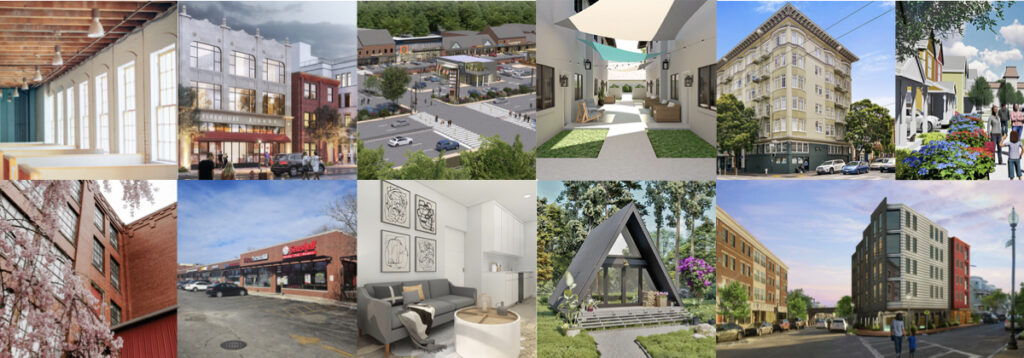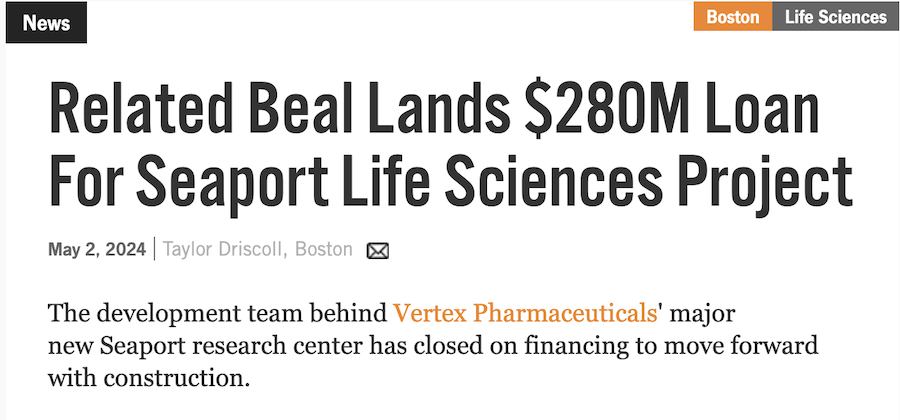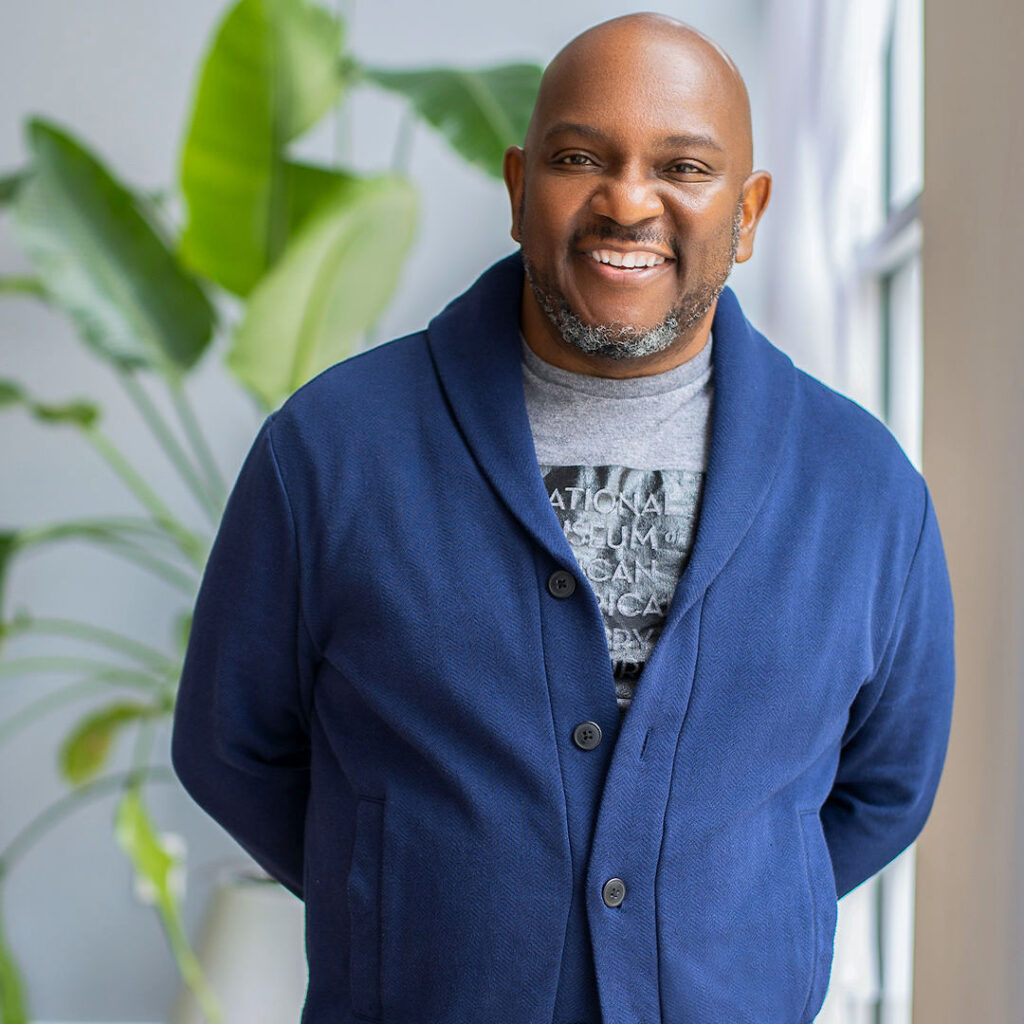
Devin Thorpe interviewed Eve for his TV show, Superpowers for Good!. It’s a masterful interview. Devin teased the why and how of Small Change right out of her. For those of you still wondering what it is Eve actually does, this interview tells it all.
You can watch the interview here.
AI Episode Summary
- Devin Thorpe introduces Eve Picker, CEO and founder of Small Change, a crowdfunding portal for real estate projects with social impact.
- Eve discusses recent expansion at Small Change, including the addition of five new partners from another real estate crowdfunding platform.
- The short-term effect of this expansion is increased busyness and the need to align the new partners with Small Change’s processes and compliance issues.
- Long-term implications include the ability to handle more and larger listings and to take on a broader range of projects.
- Small Change leverages Regulation Crowdfunding, which enables developers to raise capital from the public for projects with emphasis on democratizing investment.
- The platform focuses on overlooked neighborhoods and developers, often unable to access capital through traditional means, by allowing them to raise money from people who care about their projects.
- Small Change has a unique rubric to ensure that listed projects make some form of social impact, whether through the team, the neighborhood, the creation of public spaces, or environmental contributions.
- Examples of diversity in projects include a developer helping his community buy neighborhood shopping centers and another who is purchasing and restoring great estates in the Berkshires.
- Investing through Small Change offers possibilities of equity ownership or debt investment in real estate projects, but like any investment, it comes with inherent risks.
- Devin and Eve discuss her determination and persistence, especially in the face of resistance, as her superpower that led to the creation of Small Change, aiming to disrupt the traditional system and to empower overlooked developers and communities.




